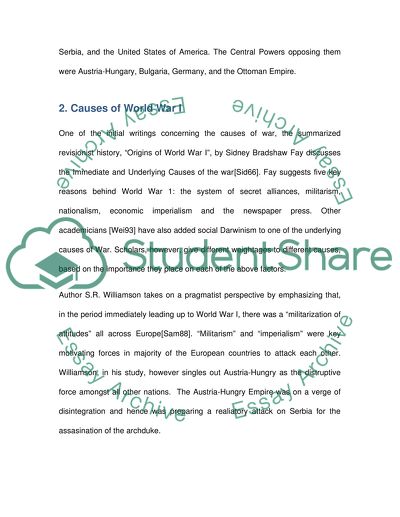Cite this document
(“To what Extent was Imperial Germany the Main Reason for the Outbreak Literature review”, n.d.)
Retrieved from https://studentshare.org/history/1443375-love-to-what-extent-was-imperial-germany-the-main
Retrieved from https://studentshare.org/history/1443375-love-to-what-extent-was-imperial-germany-the-main
(To What Extent Was Imperial Germany the Main Reason for the Outbreak Literature Review)
https://studentshare.org/history/1443375-love-to-what-extent-was-imperial-germany-the-main.
https://studentshare.org/history/1443375-love-to-what-extent-was-imperial-germany-the-main.
“To What Extent Was Imperial Germany the Main Reason for the Outbreak Literature Review”, n.d. https://studentshare.org/history/1443375-love-to-what-extent-was-imperial-germany-the-main.


